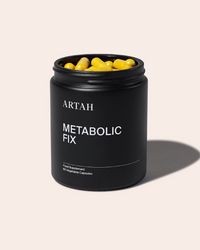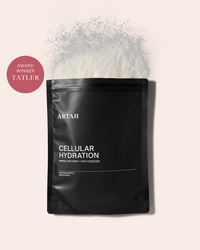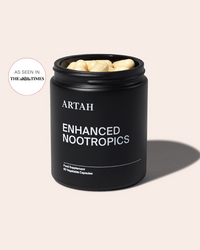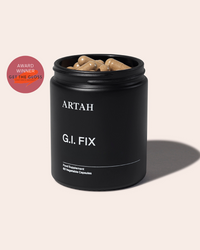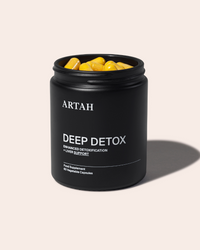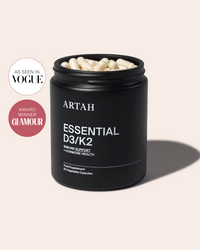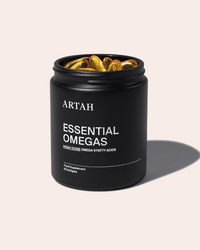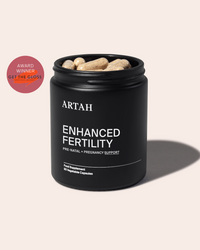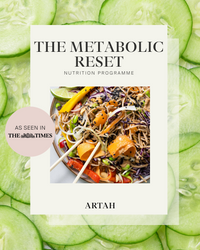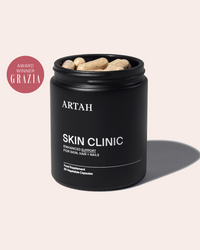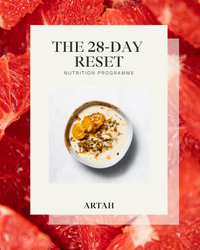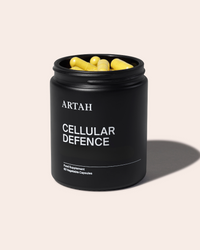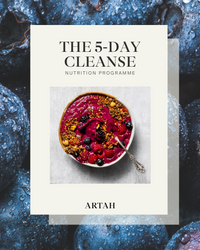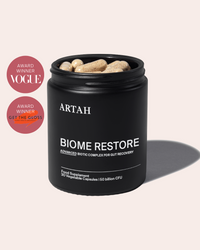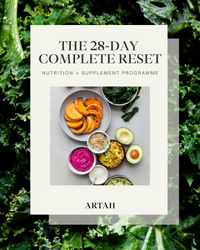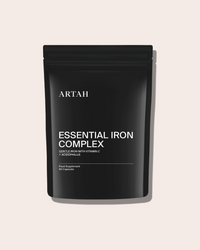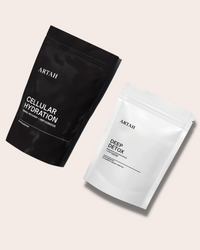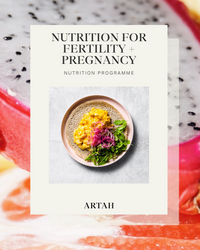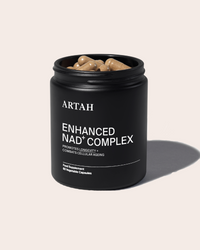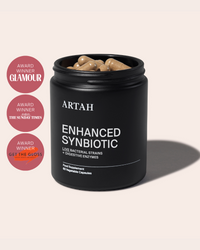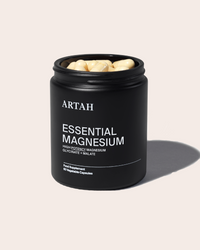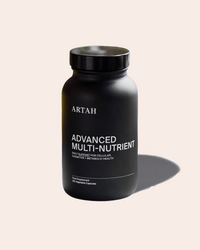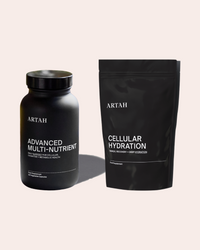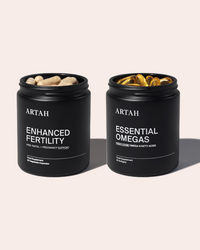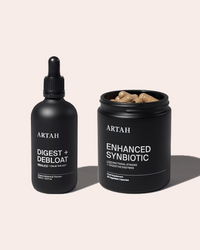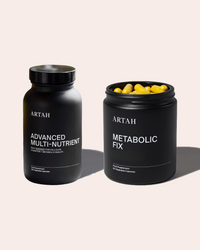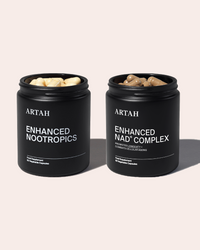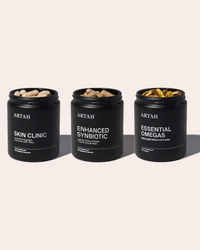The Gut - Fertility Connection Part 2
Maintaining good gut health is important for all aspects of our fertility journey.
From its influence on our internal environment preconception to our metabolism and risk of complications throughout pregnancy, it’s something that deserves more attention than what it’s currently getting. Last week we discussed how our estrobolome helps govern hormone levels, but that’s only one of the many ways that our gut health influences fertility outcomes. This week, we’re diving into leaky gut, dysbiosis and their emerging role in fertility outcomes.
Dysbiosis
Our microbiome is home to trillions of bacteria, yeast and fungi, some of which are beneficial to our health, and some of which are detrimental. Normally, the beneficial microbes live in balance with the more pathogenic microbes, with the beneficial microbes keeping the harmful ones at bay. Beneficial bacteria contribute to our health in many ways; they help synthesise vitamins, produce SCFA’s, influence serotonin, metaoblise hormones and influence blood sugar balance. Pathogenic bacteria, on the other hand, do the opposite. They produce inflammatory compounds, impact immunity, can increase cortisol and are associated with depression.
The delicate balance between good and bad bacteria is influenced by a variety of factors. A diet high in plant diversity and fibre has been shown to improve the diversity and health of the microbiome, whereas a diet high in ultra processed food and refined sugar has been shown to fuel the pathogenic bacteria, creating an imbalance in our microbiome. This imbalance is often referred to as dysbiosis, and it can significantly affect fertility. Here’s how:
Dysbiosis and Oxidative Stress
Most of us know that antioxidants are good for our health, but we may not know exactly why; so here’s a quick rundown on why they’re so important. We’re continuously exposed to compounds called free radicals through our environment and also as byproducts of our normal metabolism. If left unopposed in our body, free radicals can cause oxidative stress, and damage important cellular components, like DNA and cell membranes, which can eventually lead to cellular dysfunction and eventually cell death. This damage can contribute to various cancers, neurodegenerative diseases, and can also impact our fertility through the degradation of egg and sperm quality, inflammation and errors in DNA replication. Luckily, we have several built-in defense mechanisms that neutralise free radicals, including enzymes that break down free radicals and antioxidants that can neutralise them, and their role is to keep a healthy balance between free radicals and antioxidants. When the level of free radicals exceeds our antioxidant capacity, this is when damage can occur. Several factors can contribute to excess oxidative stress, including environmental toxins, smoking, excessive alcohol, lack of exercise, a nutrient poor diet, chronic inflammation, and certain diseases like type 2 diabetes and IBD. We also face a natural decline in our ability to repair and detoxify oxidative stress as we age.
Dysbiosis is also a major contributor to oxidative stress; pathogenic bacteria produce toxins and inflammatory molecules that can damage the gut lining and increase systemic inflammation, which can further increase oxidative stress. In addition, dysbiosis can also affect the absorption and metabolism of certain nutrients, which can further worsen oxidative stress.
Oxidative stress has been identified as a contributor to fertility challenges in both sexes. In women, it can cause damage to the quality and function of our eggs, impair embryo implantation, and worsen many reproductive disorders, including endometriosis, polycystic ovary syndrome (PCOS) and premature ovarian failure (POF).
Dysbiosis and Pregnancy
Research has shown that dysbiosis during pregnancy can influence the health of both the mother and the developing fetus. Alterations in the gut microbiome have been linked to conditions such as gestational diabetes, preterm labor, and preeclampsia. Consumption in foods that promote microbial health and are rich in probiotics, on the other hand, is linked to lower rates of preterm birth and pre-eclampsia, which researchers believe is due to a reduction in inflammation in the placenta.
Your Dysbiosis Tool Kit
- Remove stressors from the diet, including ultra processed food, excess alcohol, NSAIDs, excess sugar, artificial sweeteners, refined carbohydrates, food intolerances and fried foods, which can promote an imbalance in our microbiome.
- Replace with a nutrient rich, whole foods diet rich in fibre, plant diversity and omega-3 fatty acids.
- Feed the beneficial bacteria with 6 servings of fermented foods per week, including sauerkraut, kefir, natural yogurt, raw apple cider vinegar, fermented vegetable pickles, miso, natto and fermented tofu.
- Repair your gut lining with GI Fix if you suffer from digestive and immune related symptoms. Triphala, in GI Fix, has the added benefit of being a powerful antioxidant that has been shown to reduce oxidative stress.
- Restore your microbiome with Enhanced Probiotic, which contains Bifidobacterium longum, Lactobacillus plantarum, and other bacterial strains that can reduce inflammation and oxidative stress.
- Over index on antioxidants in foods, including rich green, red, orange and purple fruits and vegetables, green tea, avocado, asparagus, artichoke, citrus and raw nuts.
- Work on sleep, as sleep deprivation can increase oxidative stress, and is also linked to a reduction in microbial diversity.
- Avoid continuous snacking, which can impair our gut motility, leading to an overgrowth of harmful bacteria.
- Try mindfulness, which has been shown to regulate the stress response, reduce inflammation, and improve gut barrier function.
This article is for educational purposes only and the implementation of the theories and practices discussed is at the sole discretion of the individual. All advice given is not a substitute for medical advice, diagnosis, or treatment. If you have any concerns about your health, you should speak with your physician.






